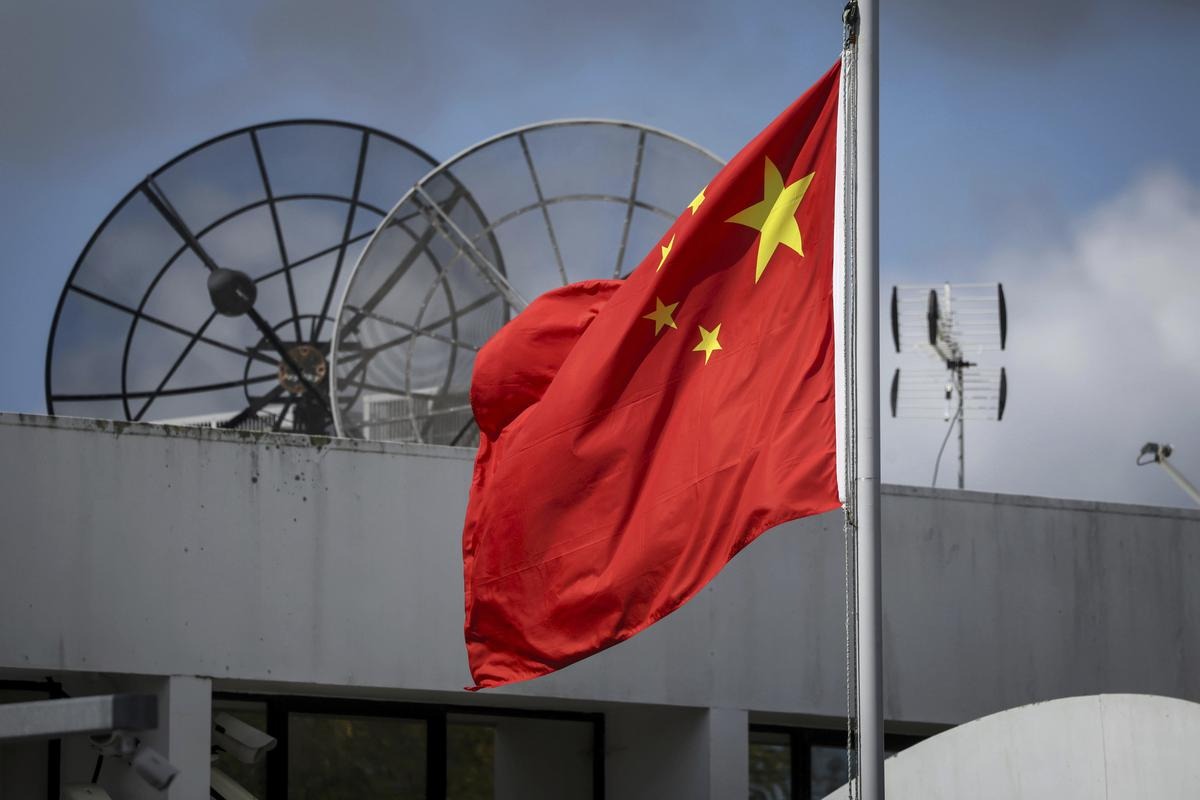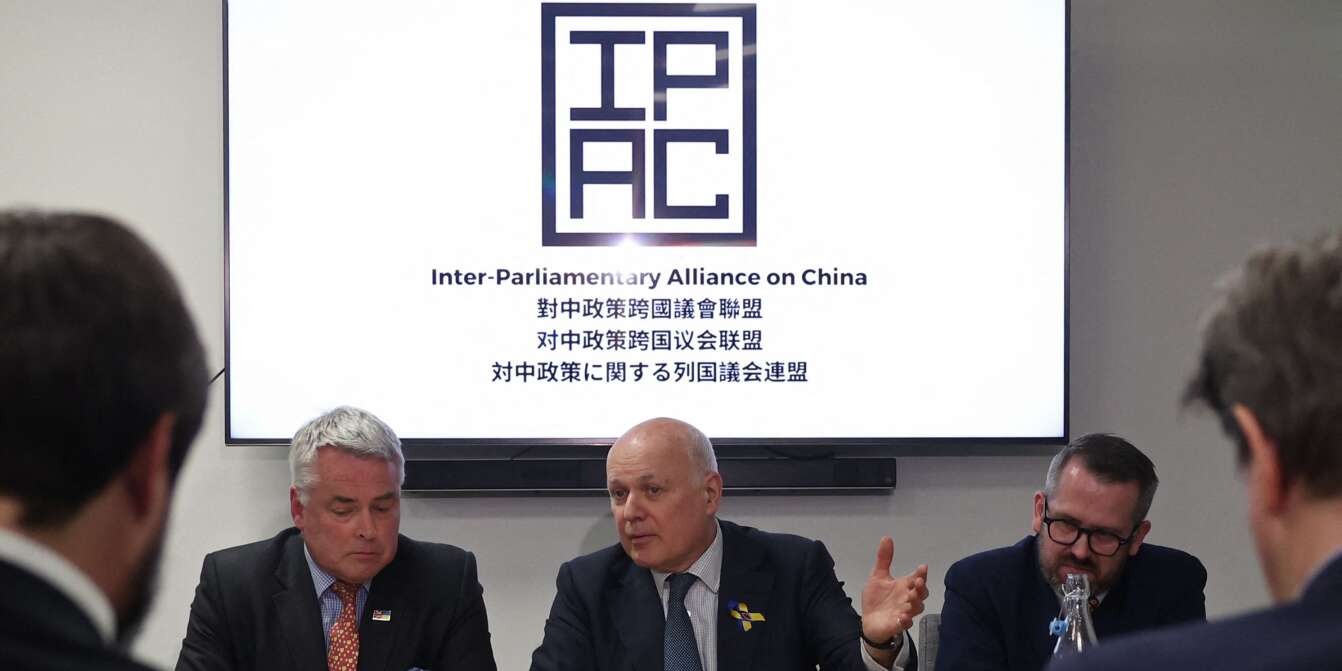The UK and US have accused Chinese “state-sponsored” organizations and individuals of orchestrating a series of cyberattacks aimed at government entities and critical infrastructure.
According to the UK government, two cyberattack campaigns were identified, with the National Cyber Security Centre (NCSC) reporting compromised electoral commission systems between 2021 and 2022.
Additionally, the NCSC alleges that a Chinese state-affiliated group, APT31, conducted reconnaissance against UK politicians in 2021, prompting the summoning of the Chinese Ambassador and sanctions against individuals linked to APT31.

China National Flag (Credits: The Hindu)
UK Foreign Secretary David Cameron condemned the targeting of democratic institutions, emphasizing the need for vigilance against such threats. Similarly, the US Treasury-sanctioned entities allegedly connected to APT31 denounced Chinese state-sponsored cyberattacks as a significant threat to national security.
APT31, an Advanced Persistent Threat Group, is accused of targeting high-ranking government officials and critical sectors like defense, IT, and energy. Michael Covington, VP of Strategy at Jamf, highlighted the sophisticated nature of state-sponsored cyber espionage and noted the complexity of tracking such incidents over long periods.
He emphasized the importance of basic security standards and the challenge of uncovering cyber incidents due to a culture of secrecy. These accusations come amidst escalating tensions between China and Western nations, particularly the US, which has previously alleged state-sponsored hacking attempts.

Inter-parliamentary Alliance on China (Credits: Le Monde)
Recent reports indicate increased cyber incidents attributed to Chinese hackers targeting government agencies and critical infrastructure worldwide. Last year, suspicions arose over Chinese-based hackers gaining access to US government data, including sensitive emails.
The threat landscape continues to evolve, with reports of Chinese hacker groups compromising numerous government organizations globally. This ongoing cybersecurity challenge underscores the importance of international cooperation and robust security measures to counter state-sponsored cyber threats effectively.























